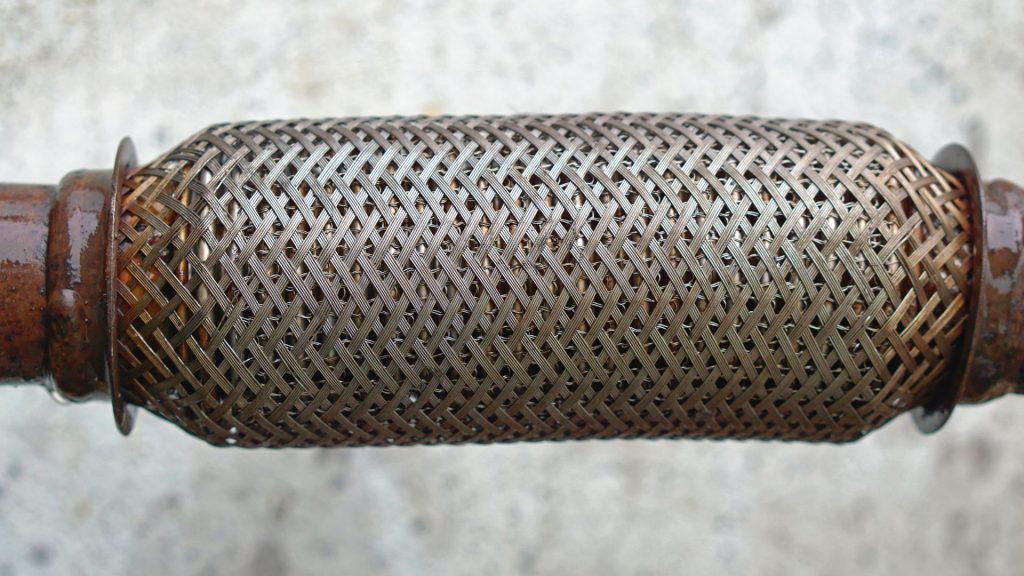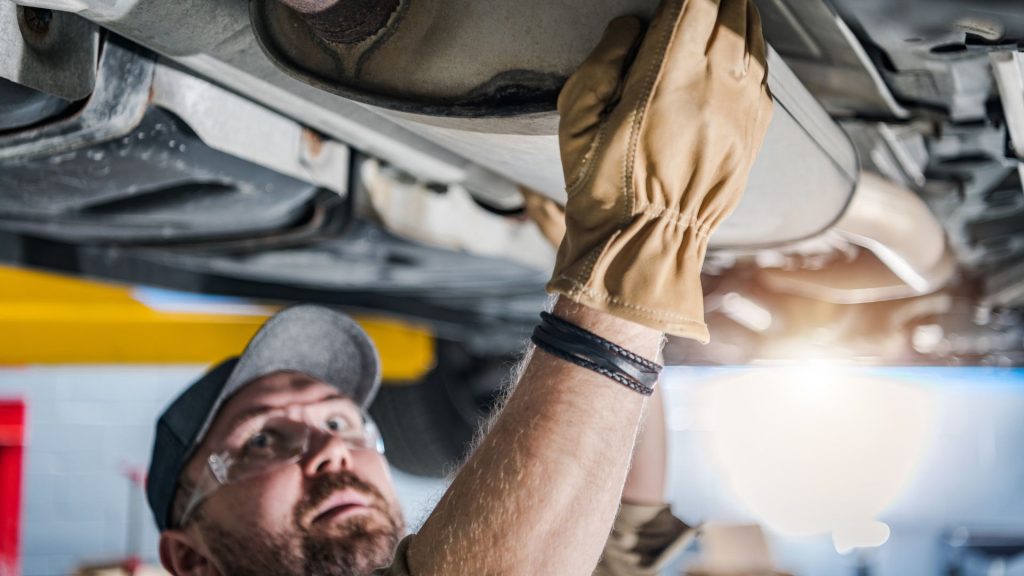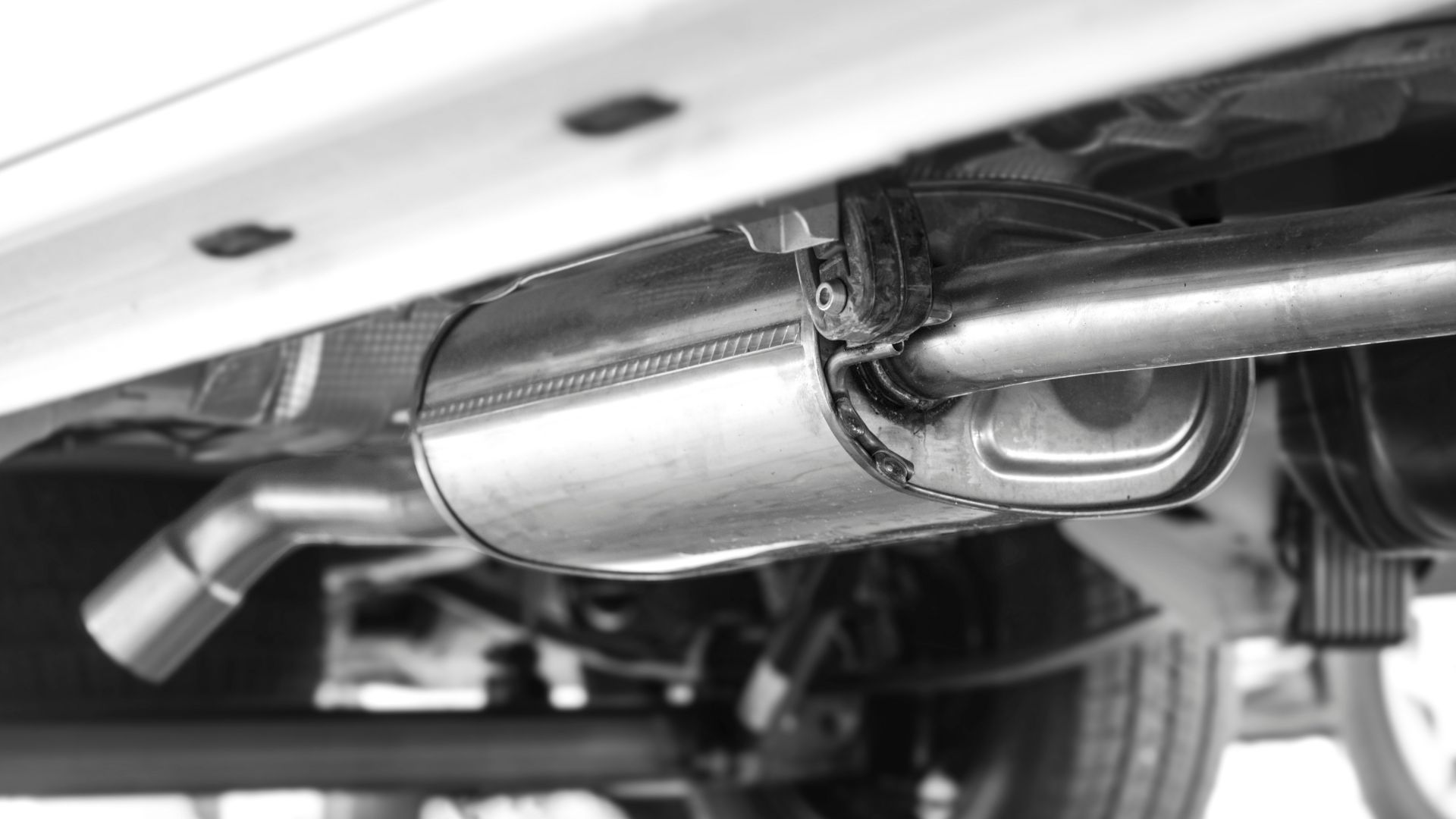The New York State Vehicle Inspection Program has several components it checks before a vehicle can pass inspection. The catalytic converter is one such component. New York is not the only state with this requirement.
Can You Pass Inspection Without Catalytic Converter?
Yes, you can pass inspection without a catalytic converter. The method depends on your location and vehicle.
Consider the following:
What Does The Catalytic Converter Do?

Catalytic converters are a response to the destructive impact of automobiles on the environment. The Department of Mechanical Engineering (Magna College of Engineering, India) identified CO, oxides of nitrogen, and UHC as the most harmful components of a vehicle’s emissions.
Catalytic converters use rhodium, platinum, and other precious metals to filter those emissions. Catalytic converters are not perfect. Vehicles with these devices are still a source of environmental pollution.
However, they are less dangerous to the environment than automobiles without catalytic converters. Rules governing the use of catalytic converters become more stringent with each passing year, which is why a vehicle can’t pass inspection without a catalytic converter.
How Can A Vehicle Pass Inspection Without A Catalytic Converter?
If the rules governing catalytic converters are so strict, how can an automobile without this device pass inspection? You have two options:
- Buy An Older Vehicle.
The regulations governing the use of catalytic converters do not apply to every car. They only matter to automobiles manufactured after catalytic converters became mandatory.
Therefore, any vehicle made before 1975 will pass inspection in the United States. Don’t expect these exceptions to apply to every state and country. Check your local DMV. What do the rules say? Which exceptions do they offer? Does your vehicle meet the specified criteria?
- Location
Catalytic converter laws are going to vary with each state. For instance, California and Colorado require CARB-compliant catalytic converters. These rules apply to specific vehicle models in New York and Maine.
In other words, your vehicle may fail an inspection because it has the wrong catalytic converter. Your only hope is US states that don’t require emissions inspections. They include:
- Wyoming
- Alaska
- Washington
- Arkansas
- South Dakota
- Iowa
- South Carolina
- Michigan
- North Dakota
- Minnesota
- Montana
Don’t rely on this list to determine whether or not your state requires emissions inspections. First of all, rules change, and your state may introduce emissions inspections in the next few days, weeks, or months. Secondly, your local authorities may demand catalytic converters even though such rules don’t exist at a state level. Apply caution by consulting the DMV. You don’t want to incur unnecessary penalties.
Are You Guaranteed To Pass Inspection If You Have A Catalytic Converter?

No, you are not. It isn’t enough to have the correct type of catalytic converter. The health of the catalytic converter matters. These devices wear out. The engine light will warn you ahead of time. Bad catalytic converters have rattling noises and poor engine performance. Keep an eye out for the following:
- The vehicle may refuse to start because the converter is clogged. The engine keeps stalling.
- You may notice delays in the acceleration. Make sure you have ruled out the other culprits, such as bad spark plugs and dirty filters.
- The vehicle’s fuel efficiency will drop because the engine doesn’t have enough oxygen. It will consume more fuel while covering a smaller distance.
- You may smell rotten eggs.
- The vehicle’s emissions will increase because the converter can’t perform its role.
- Misfires may become commonplace because of the restricted oxygen flow.
Check the catalytic converter whenever you perform maintenance. Try to repair or replace it where necessary. Don’t wait for the vehicle to fail an inspection.
Do You Need The Catalytic Converter?
Technically speaking, your car doesn’t need this device. It will run just fine without a catalytic converter. The component only becomes a problem when it malfunctions. But you can just remove it.
You can bypass it with a straight pipe. But depending on where you live, this procedure may cost you financially if your vehicle fails an emissions test. Don’t bypass the converter if you live in states that perform emissions tests.
Why Do People Remove Catalytic Converters?
Some vehicle owners fail emissions tests because someone stole their catalytic converters – catalytic converter thefts are more common than people think. But you also have drivers that deliberately remove their catalytic converters because they want to enjoy the following benefits:
- The vehicle sounds better. Although, that assessment depends on the person. Some drivers appreciate converters because they act as mufflers, reducing the sound from the exhaust. They think vehicles without converters are too loud. Others are the opposite. They think a car sounds better without the converter.
- Some vehicles have more horsepower when you remove the converter because the gases can flow without restriction. The engine can achieve its full potential. But the consequences are not always noticeable. The increase in horsepower is rarely significant enough to make a drastic difference.
- Technically, the engine should burn fuel more efficiently because it doesn’t have to tolerate the constraints typically exerted by a converter. But as with horsepower, the reduction in fuel consumption is rarely significant enough for people to notice.
- You can buy leaded gasoline because you don’t have to worry about harming the catalytic converter. This gives you fuel options that vehicles with catalytic converters cannot use.
Ultimately, your location and preferences will shape your decision. You can move to a state that doesn’t perform emissions tests if you want to avoid catalytic converters. But if you care about the environment, you will install the converters regardless of your location.
You may also tolerate the devices if you hate loud vehicles. Chapel Hill Tire has pointed out that some cars are rougher to drive in the absence of catalytic converters. You may observe uneven acceleration. Some models won’t give you the option of removing or bypassing the converter. Any attempt to bypass this device will disrupt the automobile’s ability to operate optimally.

